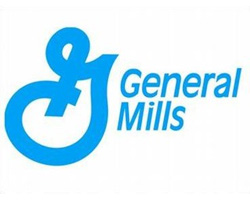Following the recent California Court of Appeal decision affirming Gillette’s election to apportion income under the Multistate Tax Compact (MTC), the California Franchise Tax Board (FTB) has issued guidance for taxpayers who wish to preserve the statute of limitations by filing amended returns that elect the MTC method retroactively.
The FTB has made clear its position that a taxpayer cannot elect to utilize the methodology contained in the MTC on an amended return. The FTB also is clear that it will only take action on the claims once Gillette has been fully resolved. Nonetheless, taxpayers wishing to file a protective claim retroactively electing to utilize the apportionment method contained in the MTC should mail an amended return or a letter claim to the FTB at:
Compact Method 347 MS: F381
Franchise Tax Board
C/O FTB Notice 2012-01
P.O. Box 1673
Sacramento, CA 95812-1673
The amended return should include
- a revised Schedule R
- a computation of the refund amount, and
- “COMPACT METHOD” should be written in red at the top of the amended return.
An amended return is required for each year for which the retroactive election is made.
Please refer to the announcement for additional filing requirements.


